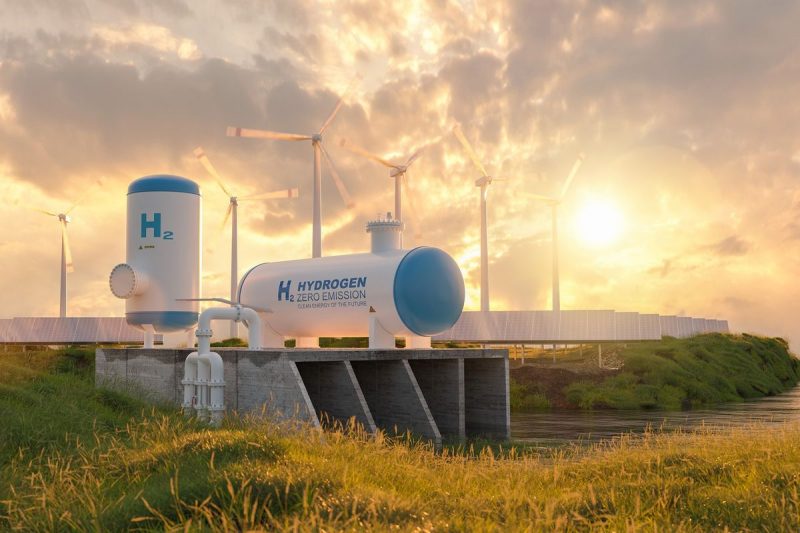The global interest in hydrogen as an alternative energy source has been steadily growing in recent years. As the world seeks cleaner and more sustainable energy options to combat climate change, hydrogen has emerged as a promising candidate. With its potential to serve as a clean energy carrier for various sectors such as transportation, industrial processes, and power generation, many investors are considering whether now is a good time to invest in hydrogen.
One of the key drivers behind the growing interest in hydrogen is the increasing focus on decarbonization. As countries strive to meet their climate targets and reduce greenhouse gas emissions, hydrogen offers a versatile solution that can help decarbonize a wide range of sectors. By using green hydrogen produced from renewable sources such as wind or solar power, industries can significantly reduce their carbon footprint.
Additionally, the development of hydrogen infrastructure is gaining momentum worldwide. Governments and industry players are investing in building hydrogen production facilities, storage capabilities, and transportation networks to support the widespread adoption of hydrogen technologies. This infrastructure development is crucial for the growth of the hydrogen economy and provides opportunities for investors looking to capitalize on this emerging market.
Furthermore, advancements in hydrogen technologies are driving down costs and improving efficiency, making hydrogen more competitive with traditional fossil fuels. Innovations in electrolysis, fuel cells, and hydrogen storage are enhancing the performance and scalability of hydrogen systems, making them more attractive for various applications. As these technologies continue to mature, the economic viability of hydrogen is expected to improve, creating new investment opportunities.
Another factor contributing to the appeal of hydrogen as an investment opportunity is the increasing support from governments and policymakers. Many countries have included hydrogen in their energy transition plans and are offering incentives and subsidies to encourage investment in hydrogen infrastructure and projects. These policy measures provide a favorable regulatory environment for investors and help mitigate risks associated with investing in a relatively new and evolving market.
Despite the promising outlook for hydrogen, there are still challenges and uncertainties that investors should consider. The scalability of hydrogen production, the cost competitiveness of hydrogen compared to other energy sources, and the availability of supportive policies are all factors that could impact the success of hydrogen investments. Additionally, the volatility of commodity prices and geopolitical factors can introduce risks that investors need to take into account when evaluating hydrogen opportunities.
In conclusion, the growing interest in hydrogen as a clean energy solution presents compelling investment opportunities for those looking to support the transition to a low-carbon economy. With advancements in technology, supportive government policies, and expanding infrastructure, hydrogen is gaining momentum as a viable alternative to traditional fossil fuels. However, investors should carefully assess the risks and uncertainties associated with hydrogen investments and stay informed about the evolving market dynamics to make well-informed decisions. As the hydrogen sector continues to mature, it is essential for investors to stay vigilant and proactive to capitalize on the potential benefits that hydrogen investments can offer.



























